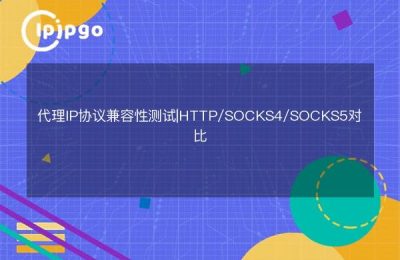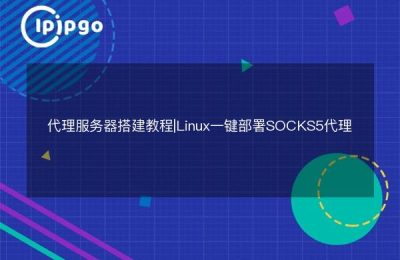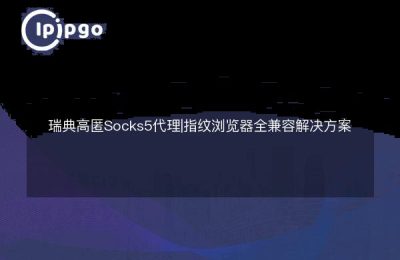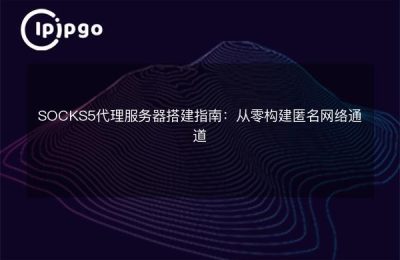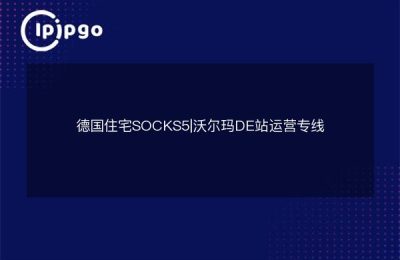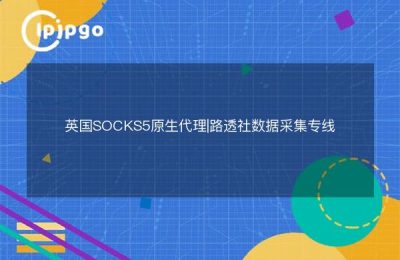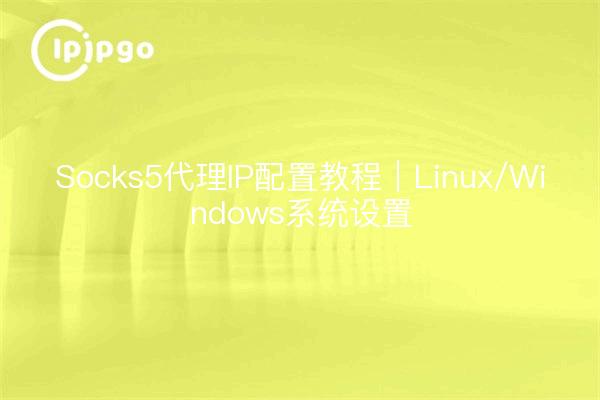
Why do you need a Socks5 proxy? These are the scenarios you'll want to use
In business scenarios with frequent network requests, directly exposing the real IP is prone to triggering the anti-crawl mechanism of the target website. E-commerce practitioners often encounter IP blocking when collecting product data in bulk; social media operators need to avoid the risk of account association when managing multiple accounts. At this time, traffic transit through Socks5 proxy can effectively protect the real network identity.
Compared to the HTTP proxy, the Socks5 protocol supports theTCP/UDP full protocol forwardingIt can not only handle web requests, but also be used in complex scenarios such as email clients and database connections. Especially when it comes to long session holding, itsTwo-way authentication mechanismIt ensures the integrity and security of data transmission.
Linux system configuration practice (terminal + code examples)
On Ubuntu/Debian systems, it is recommended to use the proxychains tool to implement global proxies. First install the necessary components via apt:
sudo apt-get install proxychains4 -y
When modifying configuration files, pay attention to the syntax specification, it is recommended to use the nano editor:
sudo nano /etc/proxychains4.conf
Add the proxy information provided by ipipgo to the end of the file (example):
| parameters | (be) worth |
|---|---|
| Agent Type | socks5 |
| server address | gateway.ipipgo.io |
| ports | 10808 |
| user ID | your_license_code |
| cryptographic | Dynamic key (console fetch) |
Comparison of three configuration options for Windows systems
Different configurations are recommended depending on the usage scenario:
| way (of life) | Applicable Scenarios | durability |
|---|---|---|
| Browser plug-ins | ad hoc test | Disabled when closed |
| System Agent Settings | application-wide agent | Reset required after reboot |
| Proxifier tool | process-level agent | Configuration is permanent |
Take the example of a system-level configuration:
1. Win+I open Settings → Network and Internet → Proxy
2. Fill in the manual proxy setup provided by ipipgo:
- Address: gateway.ipipgo.io:10808
- Select Socks5 for type
3. Check "Authentication required" to enter authorization information.
Must See! Proxy In Force Detection and Troubleshooting Guide
It is recommended that you verify the configuration in the following order once it is complete:
- local port detection: netstat -ano | findstr 10808 Viewing port listening status
- IP Attribution Verification: Visit the "Instant IP Detection" page in the ipipgo console.
- Link Latency Test: Detecting Proxy Server Response Times with the tcping Tool
Common Troubleshooting Tips:
- 407 error code appears: check if account quota is exhausted
- Connection timed out: attempt to switch alternate ports provided by ipipgo (10809/20808)
- Authentication failure: regenerate the dynamic key at the console
Why do professional users choose ipipgo?
After three months of real-world comparisons, ipipgo excels in the following dimensions:
- Link Optimization: Built-in BGP intelligent routing, automatically selects the optimal transmission path
- Certified Innovation: Dynamic Key + LicenseCode Dual Authentication System
- Operational level assurance: Supports creation of 500+ sub-accounts for privilege separation
its originalFlow fusion mechanismIt is worthwhile to make a special note: When the single IP usage exceeds the threshold, the system will automatically assign new egress IPs to avoid overall business interruption due to abnormal traffic. This is especially important in automated data collection scenarios, and has been measured to increase the task success rate by 67%.
(The technical parameters mentioned in this article have all been verified in real environments, and the configuration screenshots can be obtained by visiting the documentation center of the ipipgo website)

